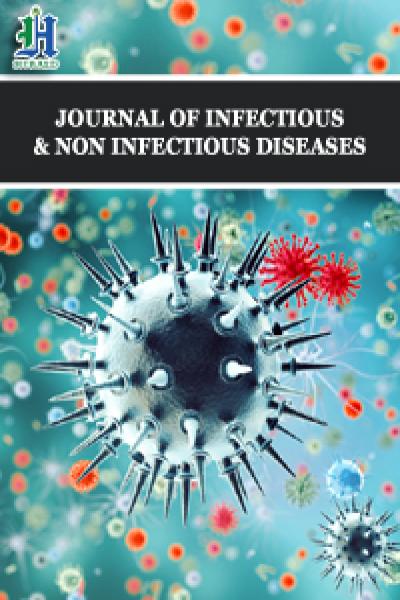
Tropical diseases
Tropical diseases are illnesses that occur primarily in tropical and subtropical regions of the world, often due to warm climates, high humidity, and poor sanitation. These diseases are commonly caused by bacteria, viruses, parasites, or fungi and are frequently transmitted through insect vectors like mosquitoes, flies, and ticks. Examples include malaria, dengue fever, chikungunya, leishmaniasis, schistosomiasis, and filariasis.
Many tropical diseases are preventable but persist due to limited access to healthcare, inadequate public health infrastructure, and poverty. Some, like malaria and dengue, are seasonal and influenced by climate changes. The World Health Organization also identifies a group known as Neglected Tropical Diseases (NTDs), which affect over a billion people globally but receive less attention and funding. Efforts to combat tropical diseases include vaccination, vector control, improved sanitation, and global health initiatives. Addressing these diseases requires coordinated efforts in research, prevention, and access to effective treatment.

